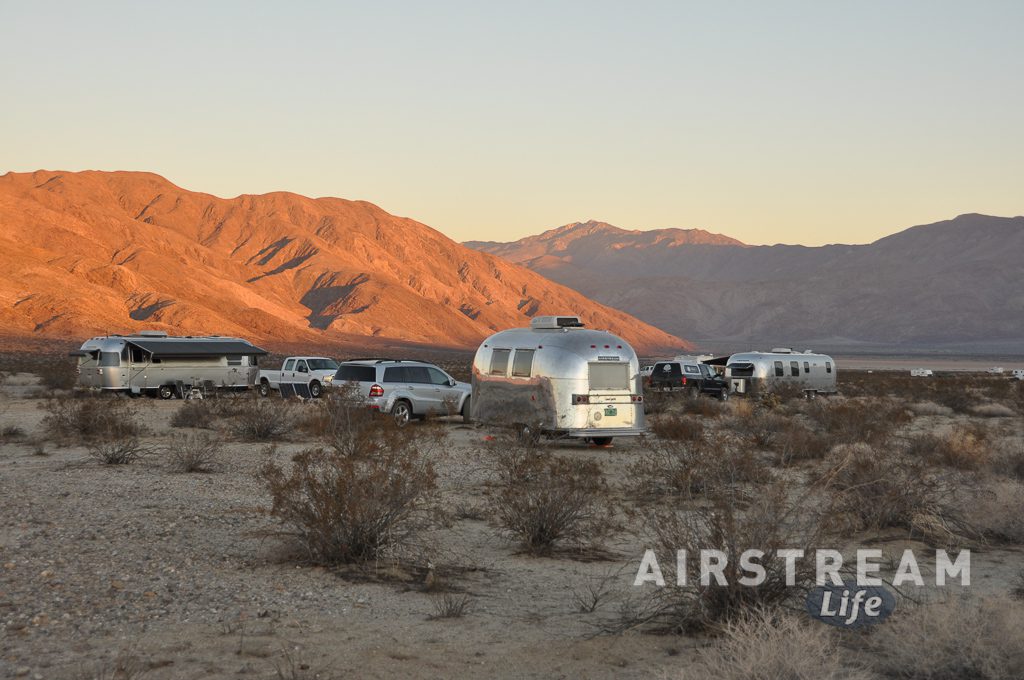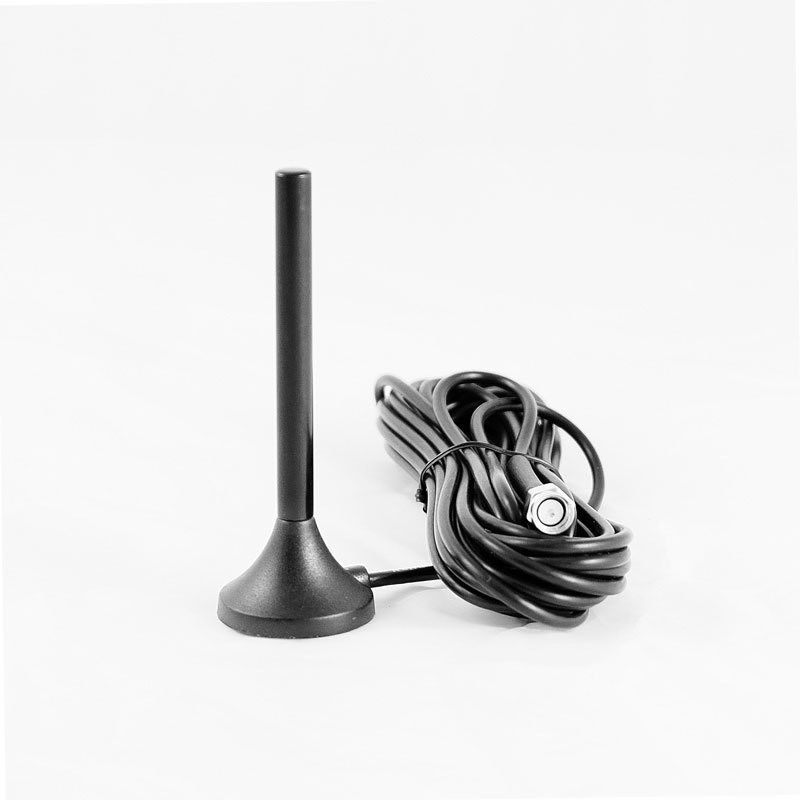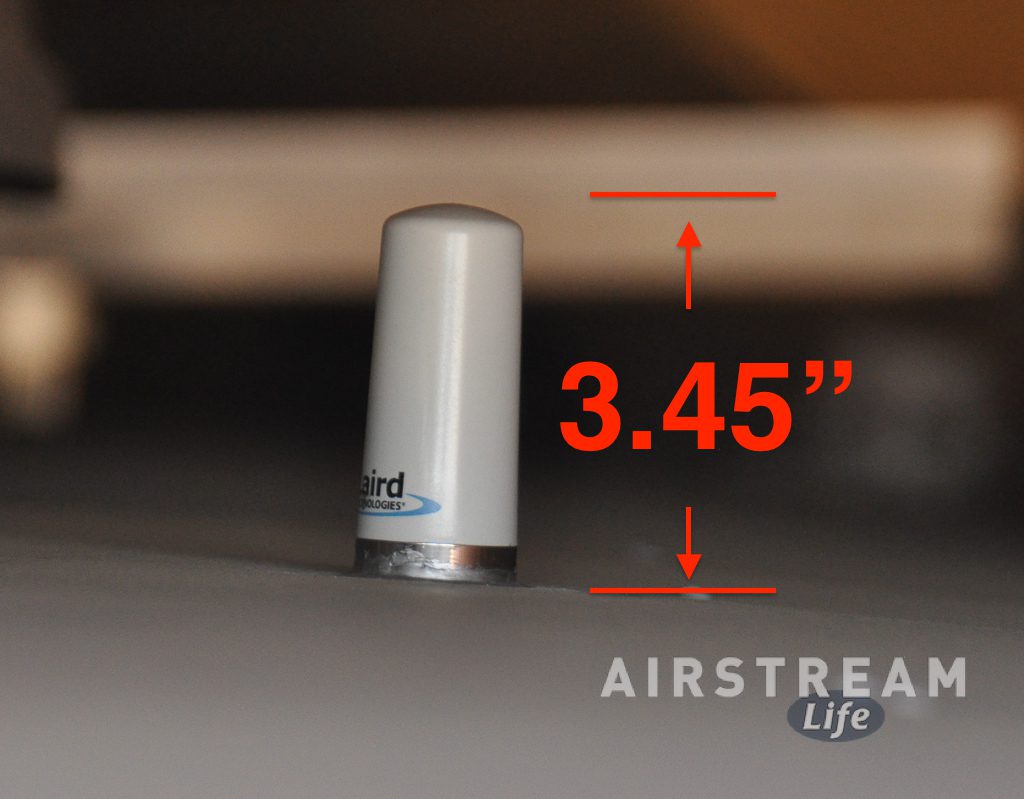We spend about five to six months a year traveling in our Airstream, which means the laptop computers come along and backing up data on the road is part of our routine. If we didn’t back up data periodically, we could lose a lot of important business information and priceless photos from our travels. But securing our data is not as simple as it might seem.
There are handy online services that will automatically back up your data, and that’s convenient. For an RV traveler, however, these services can suck up all the data on your cell phone plan if you’re using a cellular hotspot to connect to the Internet. So we rely on portable USB hard drives for our backups—the “old fashioned” manual method.
These portable hard drives are pretty cheap and easy. Easy to use (I like Carbon Copy Cloner, but Apple’s Time Machine and many other good software packages are out there), and easy to store in a plastic tub between backups. If you have a small amount of data to back up, you can even use a big USB flash drive.
But imagine that one day your Airstream is in an accident, and as a result both the laptop and the backup drive are destroyed. You’re still out of luck. For that reason, I keep a second backup drive at home, locked in a safe, and I make a point of backing up all three laptops to it before we depart on a long trip. Having the second backup physically distant from the Airstream means it’s very unlikely we’ll lose all our data after a catastrophe.
The other major risk is losing your laptop, tablet, or phone. These days those devices have considerable potential to ruin your life. Forget about “identity theft”—think about the damage someone could do just with access to your devices. People often don’t appreciate the tremendous amount of personal data that can be obtained just from access to their email. And once a hacker has access to email, it’s usually not long before they’ve engineered access to social media accounts, shopping accounts, credit cards, and more.
To protect against this risk, always protect all of your devices with a password. There’s nothing quite like that sinking feeling when you think about all the private information on your device—emails, passwords, social media accounts—after it’s gone. The simple 4-digit default passwords offered on phones and tablets are at least better than nothing, but the best passwords are long. That old advice about having an upper case letter, a lower case letter, a symbol, a number, and at least 8 characters is somewhat outdated and tends to result in passwords like “4GflzbY#” that humans can’t easily remember, so try a “pass phrase” instead, like “I love 3 turtles”. That will stop the casual attacker and you probably won’t forget it.
If you do have trouble remembering passwords, or you have too many of them (like all of us), try a password manager. This software, available from several sources, allows you to store all your passwords in a single place, protected by encryption and a master password. It’s much more secure than writing your passwords on a piece of paper and sticking it in a drawer or taping it to the computer screen like I’ve seen several people do. Personally, with all the web-based services I use, I couldn’t function without a password manager.
For computers, always encrypt the entire hard drive. This feature is built into all Apple devices but you have to activate it on a laptop (look for FileVault settings). Whole disk encryption is available for Windows computers too, and well worth the peace of mind if your laptop ever takes a walk. These days it doesn’t slow down your computer to encrypt the hard drive, so there’s really no reason not to use it. Make sure the backups are encrypted too!
“Find my phone” services are another great tool for travelers. If you drop your phone, this may be your only chance at getting it back. Again, Apple has built it in (“Find My iPhone”) but it has to be activated using your Apple ID. We’ve used this feature more than once to recover lost phones.
Finally, if you do business while you travel, get a Virtual Private Network (VPN). It’s a service that encrypts all of your web traffic and routes it through proxy servers. This has two impacts: (1) It anonymizes your location (which may not be something you care about); (2) It makes it impossible for other people to snoop on your Internet activity. Although much of Internet traffic is encrypted anyway (like websites with the prefix “https://”), there are still too many times where your information is transmitted “in the clear”. A hacker in a campground can “sniff” the shared wifi and pick up information that can then be used to hack into your accounts.
With a VPN, the hackers are locked out. A good VPN costs $35-80 per year. Don’t be tempted by free VPNs, since they sometimes make money selling customer information.
Got a tip for personal data security? Put in a comment below!


 First of all it has a
First of all it has a  It’s just as effective as the big antennas (which run 19 to 24 inches tall), but it’s just under three and a half inches tall. It looks like an inverted shot glass, mounted directly to the roof. Because it’s white and matches the roof color, most people will never see it, which is nice because I don’t like having huge antennas on my roof that virtually announce to the world that I’ve got laptops inside. And, it’s so small it won’t catch on branches during those “tree trimming” exercises we seem to do occasionally.
It’s just as effective as the big antennas (which run 19 to 24 inches tall), but it’s just under three and a half inches tall. It looks like an inverted shot glass, mounted directly to the roof. Because it’s white and matches the roof color, most people will never see it, which is nice because I don’t like having huge antennas on my roof that virtually announce to the world that I’ve got laptops inside. And, it’s so small it won’t catch on branches during those “tree trimming” exercises we seem to do occasionally.
